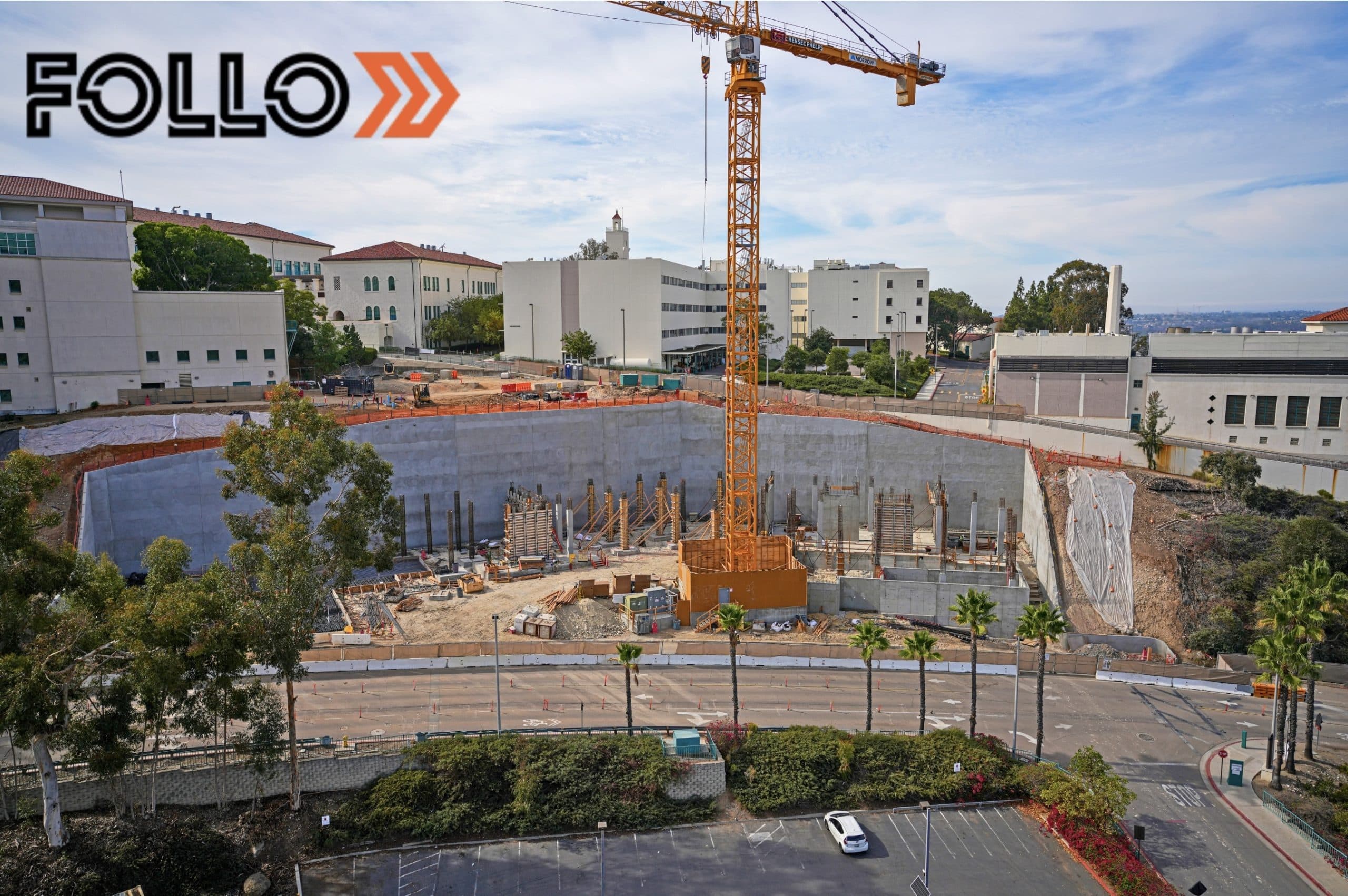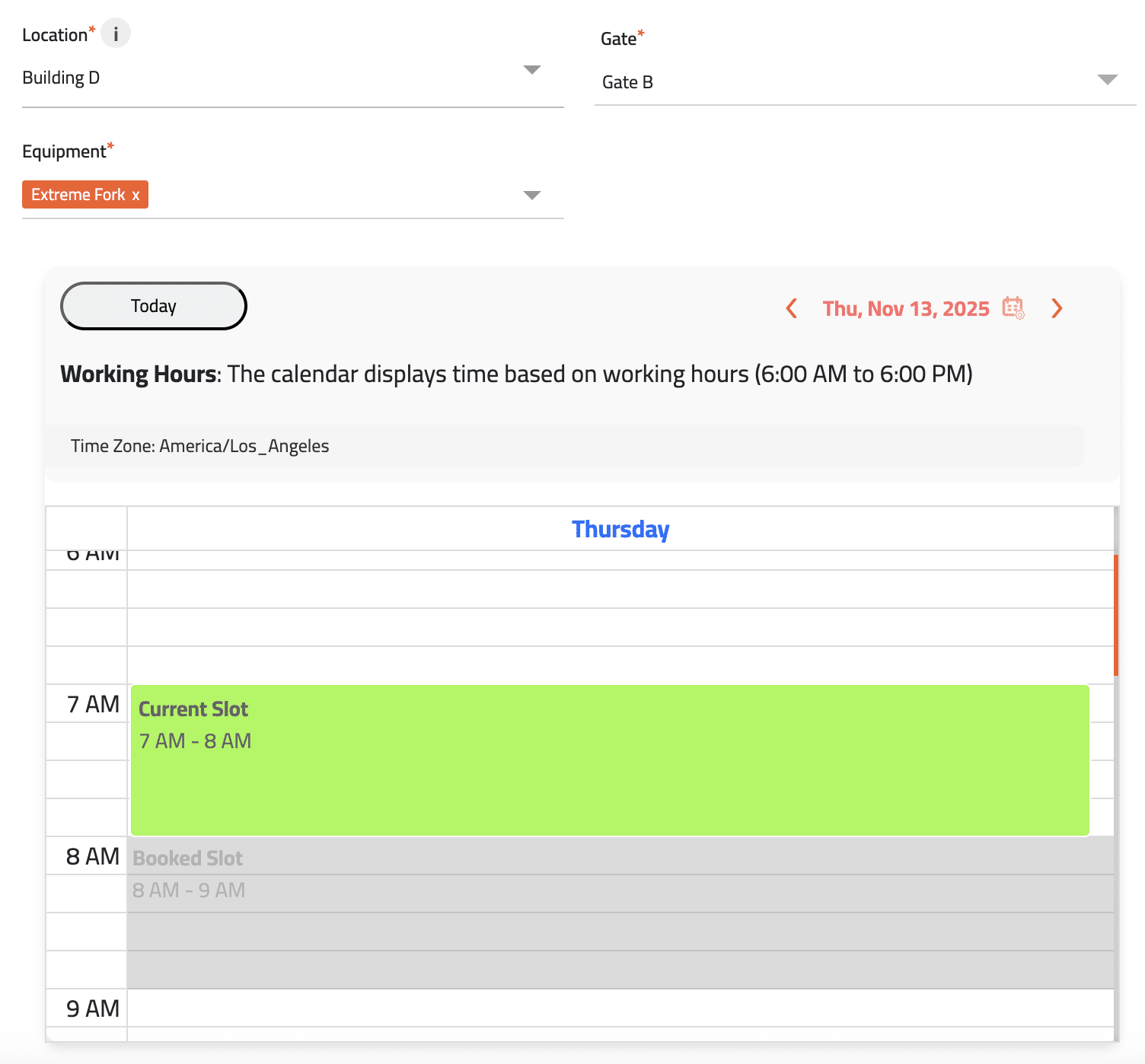Crane operators hold a vital position in construction projects, responsible for executing smooth and safe picks. Their expertise and diligence contribute significantly to the success of lifting operations. In this article, we delve into the role of crane operators and the key considerations they must address. By understanding their responsibilities in equipment operation, load management, communication, and adherence to safety protocols, we can appreciate the importance of skilled and vigilant crane operators in ensuring smooth and safe picks.
Equipment Operation:
Crane operators are trained professionals who are proficient in operating various types of cranes. They have a deep understanding of the crane’s controls, functions, and capabilities. Their role involves operating the crane smoothly and precisely, ensuring precise movements and controlled lifting operations. They must be familiar with load charts and understand how to interpret them accurately to maintain safe working limits.
Load Management:
One of the primary responsibilities of crane operators is load management. They must assess the weight, dimensions, and center of gravity of the load to determine the appropriate lifting method and rigging configuration. By properly attaching the load to the crane’s lifting equipment, crane operators ensure stability and prevent load shifting during the pick. Skillful load management is crucial for maintaining balance, preventing accidents, and protecting the worksite and personnel.
Communication:
Effective communication is key to safe picks. Crane operators collaborate closely with signal persons, riggers, and other team members to ensure smooth operations. They rely on clear and consistent signals from the signal person to guide their movements. Crane operators must also communicate any issues or concerns promptly to the team and be receptive to feedback from the ground crew. Strong communication promotes coordination and mitigates risks during lifting operations.
Adherence to Safety Protocols:
Safety is paramount in crane picks, and crane operators are responsible for adhering to safety protocols and industry regulations. They must conduct pre-lift inspections of the crane, ensuring that all safety devices are in place and functioning properly. Crane operators follow established procedures for setup, including stabilizing the crane, checking ground conditions, and assessing potential hazards. They also maintain a vigilant focus on the worksite, continuously monitoring for any changes or potential risks that could affect the safety of the lift.
Site Awareness and Risk Management:
Crane operators must maintain situational awareness of the worksite and proactively manage risks. They assess the surrounding environment, identify potential obstructions or hazards, and make adjustments accordingly. This includes avoiding power lines, maintaining proper clearances, and considering the impact of wind conditions. By staying vigilant and attentive, crane operators play a critical role in preventing accidents and ensuring the safety of the worksite.
Conclusion:
Crane operators are essential to ensuring smooth and safe picks in construction projects. Through their expertise in equipment operation, load management, effective communication, adherence to safety protocols, and risk management, they contribute significantly to the success of lifting operations. Skilled and vigilant crane operators prioritize worksite safety and play a vital role in preventing accidents and maintaining the overall efficiency and productivity of construction projects. To learn more about the role of crane operators and lifting operations in construction, visit Follo.co.
Relevant Keywords: crane operators, smooth picks, safe picks, construction projects, equipment operation, load management, communication, safety protocols, worksite safety


